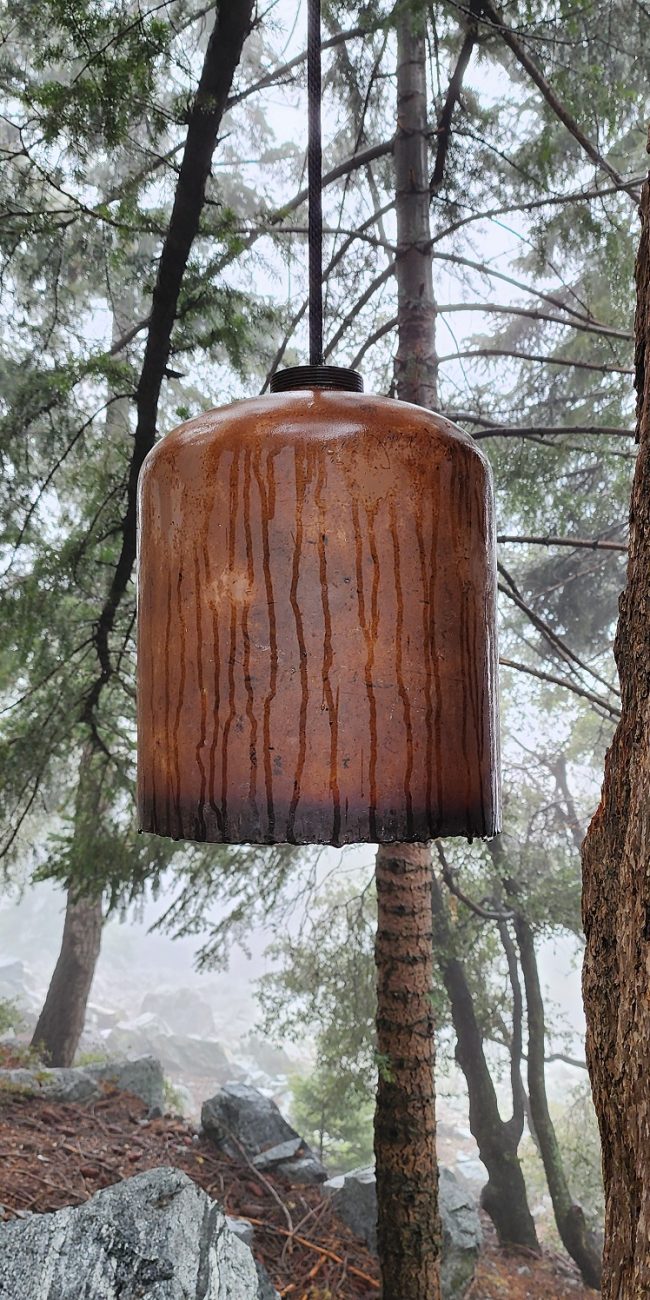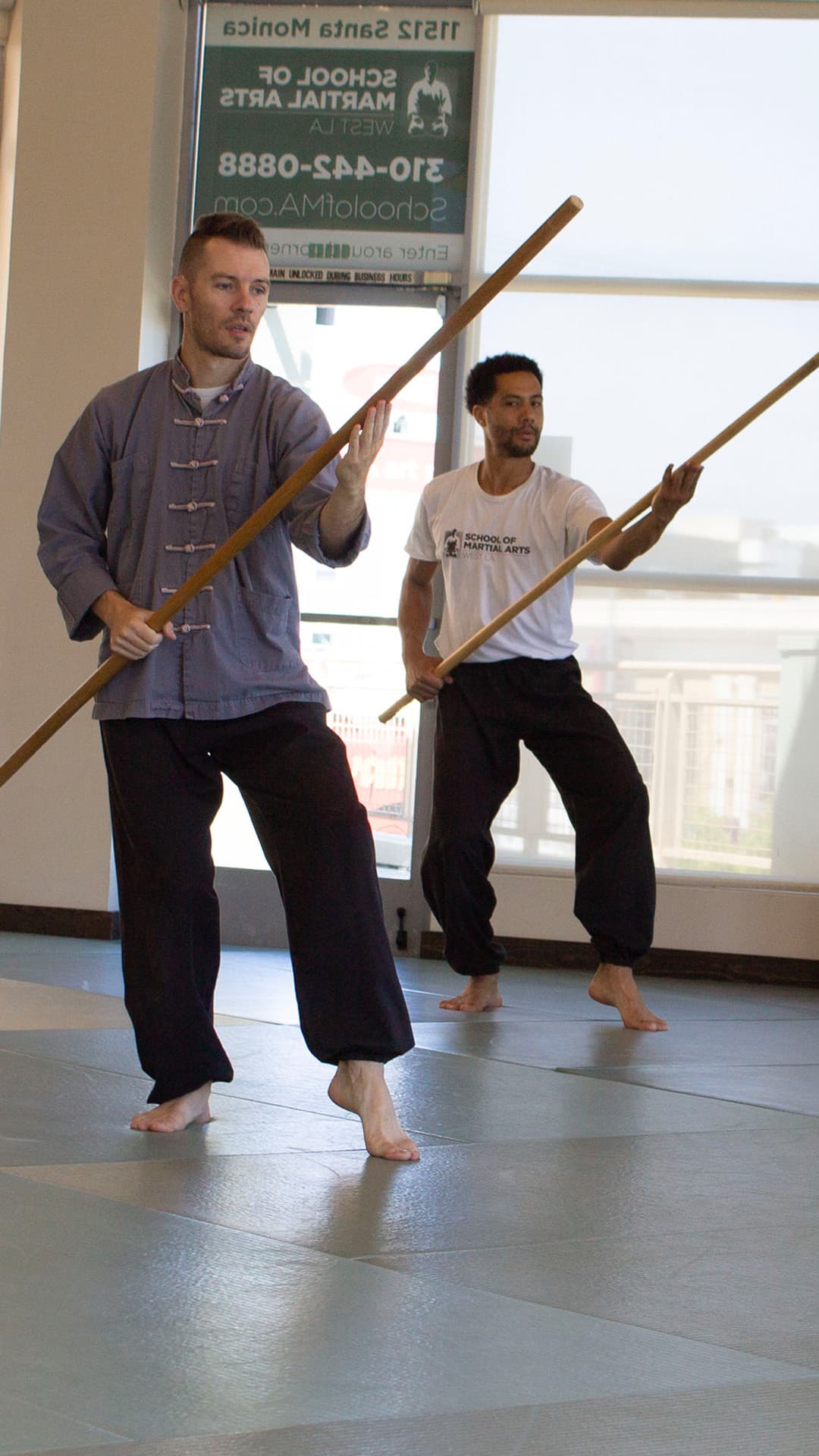Choosing our Emotions
Another one of my favorite sayings of Sifu Brown’s is Happiness is a choice. When some people hear this, they think to themselves, wait a minute—happiness is an emotion.
So? We choose our emotions. In fact, we choose every emotion that we have ever had.
Our experience of our emotions is more like they are forced upon us. It is only natural to get angry when someone cuts us off on the freeway. It seems like we can do nothing but be sad when a loved one dies, and we automatically get excited when our team wins the Superbowl.
There is nothing wrong with having these emotions. They might be the healthiest things to experience. Yet we often have the experience of having thoughts and emotions that aren’t healthy. When feelings of despair go on for days, or we can’t shake anger or regret, the truth is we are better off moving on. Sometimes the best thing is to take action or say something to clear the air with whomever we are dealing with. However if we are stuck in anger, for example, we probably won’t like the outcome of whatever we do or say. This is when it’s important to be able to choose our emotional state.
So how do we do this? By choosing our thoughts. Simply put, our emotions, our feelings, come from thought. It usually goes like this: something happens, we have a thought or judgement about it, then we have an emotion that fits that judgement. For example, starting when I was 8 years old, I got made fun of in school. I had the thought, This is bad. Nobody likes me. I don’t belong. Then I had the natural emotional response. I was pretty depressed. Until I moved and started going to a different school, I had a total victim mentality. When I made new friends (who didn’t make fun of me), I had the thought, This is good. People like me. I belong. And I was happy.
It wasn’t until more recently that I realized it was my judgement, my interpretation of events, was the origin of my emotions and my victimhood throughout childhood. Now that I am a grown man, it’s easy to look back at those kids who made fun of me and see that they were insulting me because they wanted to feel like they belonged, or to make themselves feel better in comparison to me. The whole thing didn’t really have anything to do with me. This interpretation leads to thoughts like, Those poor kids were dealing with the same stuff I was. These thoughts lead to empathy, rather than victimhood and depression.
When we meditate and practice introspection on a regular basis, we can recognize the thoughts we are having and decide if we want to keep having them. We know what emotions they lead to, so we are choosing what we will feel. If we catch negative thoughts early enough, we can choose to swap them out for something more positive and be happy. While this sounds simple, it surely isn’t easy. It requires a strong will, mindfulness, and tools like meditation and affirmations.
After gaining the understanding that we can choose our emotions and years of diligent practice, I can say that I’ve actually re-wired the way my brain interprets events. I am now almost embarrassingly happy the majority of the time, yet I have the ability to feel any emotion I choose for however long I want to feel it. If I can accomplish this, I know each of you can too. It’s your choice.





Katherine Macey
Choosing to come to the dojo makes me happy too! So choosing the environment I put myself in and the people I surround myself with either enhances or detracts from my chosen emotion. Being in the dojo with awesome people makes it so easy to be happy. Thanks for being that catalyst!